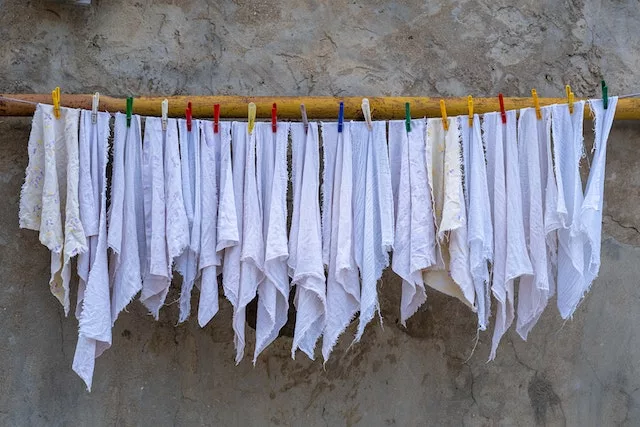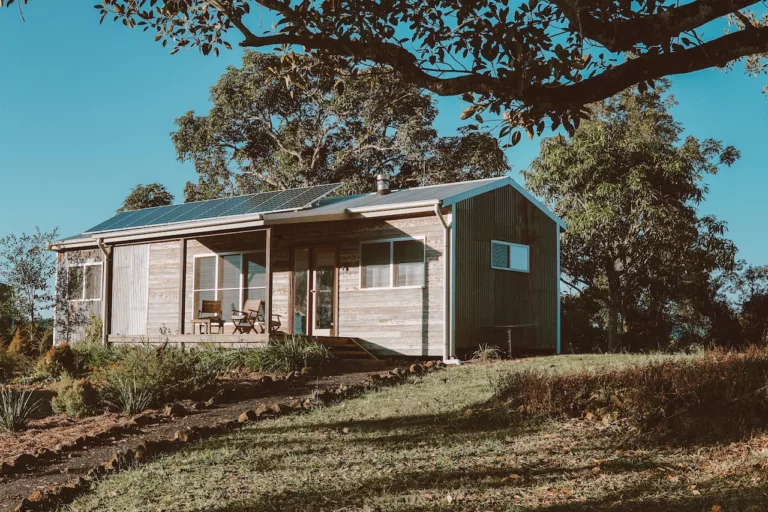The Power of Self-Reliance on a Homestead
Just a heads up, this post contains some affiliate links. That means that we earn a small commission if you buy the product at no extra cost to you. That allows us to continue to research and share interesting articles with you. :)
Living self-sufficiently on a homestead is an incredibly rewarding endeavor, but it does come with its challenges. Many people may be intimidated by homesteading and think it is too difficult or complicated. With the right mindset and knowledge, anyone can learn to be self-reliant.

Self-reliance is essential to homesteading; it helps us become more aware of our environment and builds self-confidence as we become more in tune with our surroundings. It provides the foundation upon which we can build our own self-contained, integrated system of production and consumption.
Self-reliance encourages individuals to be independent of external sources, giving them greater control over their resources and lifestyle. This autonomy fosters creativity and innovation, allowing for more efficient use of resources and creating a sense of empowerment for the homesteader.
This article will explore why it is so important to be self-reliant on a homestead, looking at how it can benefit you and your family.
What is Self-Reliance?
Self-reliance is the ability to take care of oneself and one’s family without relying on someone else for help. It is an important concept for anyone living in a homesteading environment, as it allows them to be financially independent, control their own lives and make decisions that are best for their family’s health, safety and well-being.
Self-reliance can also provide a sense of empowerment and satisfaction, knowing that you are self-sufficient as much as possible.
Living off the land requires hard work, dedication, and planning, which can lead to amazing rewards. Being able to produce your food, build or repair items yourself or find alternative energy sources allows people who practice self-reliance to be creative while reducing their environmental impact by cutting down on waste or using fewer resources.
What Does Self-Reliance Teach Us?
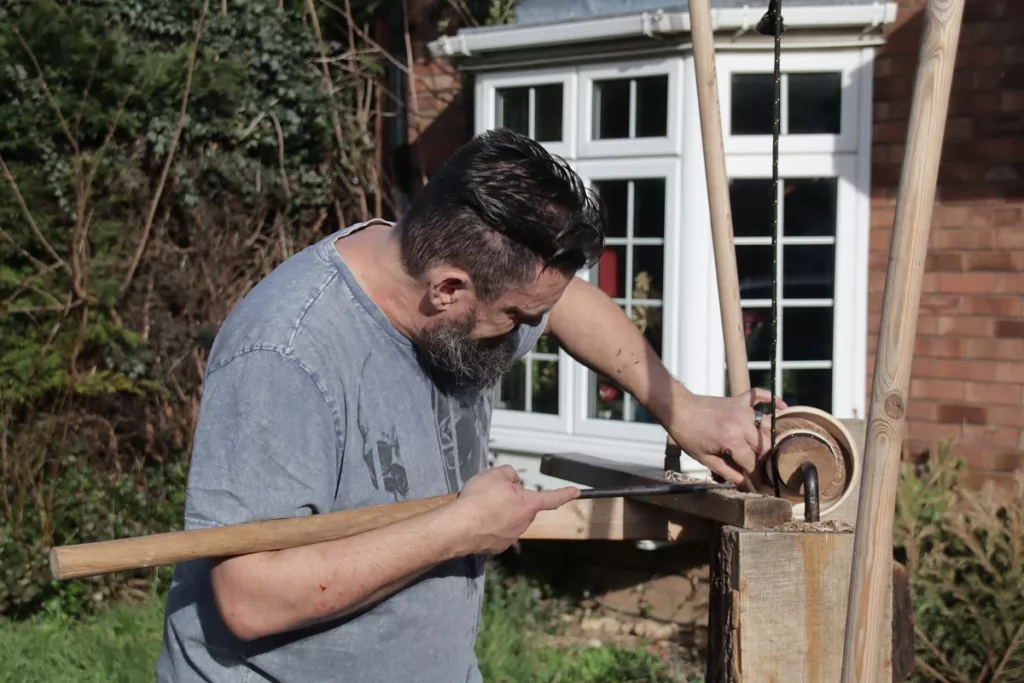
Self-reliance is an essential part of homesteading, but what does it actually teach us? How can we use these examples of self-reliance to better our lives and become more independent, both on a homestead and off?
The first lesson that self-reliance teaches us is to be resourceful. Homesteaders are used to making do with what they have and finding creative solutions for any problems they encounter.
From using natural resources around them to repurposing items into something useful, homesteaders rely on their own ingenuity for survival.
Thinking outside the box and finding practical ways of solving common issues can also come in handy in everyday life.
The second lesson that self-reliance teaches us is to be prepared. A homesteader always has a back-up plan and is ready to handle any situation that comes their way, whether it’s an unforeseen event or a natural disaster.
Think of homesteaders as the ultimate Scouts or Girl Guides who are always prepared for what’s to come!
It’s Not About Possessions
The third life lesson we can learn from homesteading is how to be content with what you have. The simple life isn’t about material possessions.
While we all enjoy the convenience of modern inventions, it’s important to remember that simplicity is not the same as deprivation.
The homesteading lifestyle is simple: You have what you need and don’t need much.
Self Reliance Vs Self Sufficiency: What Is The Difference?
It is increasingly important to be self-sufficient and self-reliant in today’s world. Many homesteaders are taking the opportunity to live sustainably off-grid and create their own energy sources, but what is the difference between these two terms?
Self-reliance and self-sufficiency are often used interchangeably, but in reality, there is a distinct difference between the two.
Self-reliance refers to an individual relying on themselves for support, guidance, and independence. It means that one does not need external help or assistance from outside sources to achieve their goals or provide for themselves or their family.
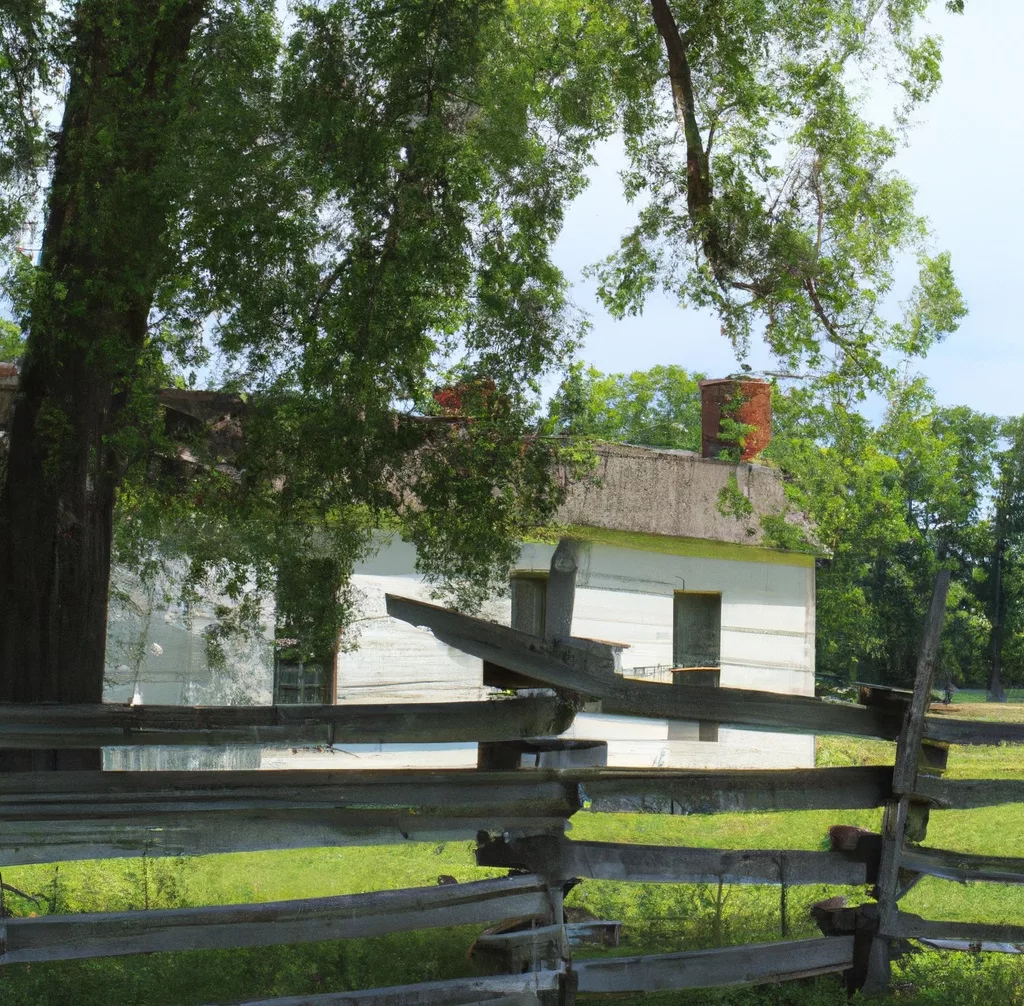
Self Sufficiency On The Homestead
On a homestead, this includes growing your own food, building structures with natural on-site materials, and learning new skills like animal husbandry or gardening.
Self-sufficiency, on the other hand, is about being able to meet all your needs on your own without relying on others. It is about being able to meet all your needs without having to rely on outside sources or the government.
Economic self-sufficiency is about having a certain amount of assets that are necessary for your daily life. Self-sufficiency is a great aim for your lifestyle because it gives you more freedom, responsibility, and confidence.
Self Sufficiency And The Environment
Self-sufficient people are more in tune with their environment and able to create a simple, healthy lifestyle for themselves. They can survive independently and can be very content with what they have.
A note on self-sufficiency: achieving “true” self-sufficiency is incredibly hard. It’s unlikely that being fully self-sufficient in everything is possible. That doesn’t mean it’s not a good aim to have in life; it can be incredibly rewarding with the right mindset.
Benefits of Being Self Reliant
Self-reliance has been a long-held goal of homesteaders and off-grid enthusiasts for centuries, as it allows them to become more independent and self-sufficient. There are many benefits to being self-reliant on a homestead, such as greater autonomy, increased security and sustainability, and improved resource management.
With the right knowledge and skills, becoming self-reliant can be an enriching experience for anyone looking to live off the land.
Examples Of Self Reliance
Here are some examples of self-reliance that you can develop in your own homestead environment, whether you have a full-on smallholding or a tiny apartment.
Practical Self Reliance
On a practical level, self-reliance means you don’t have to rely on external sources for food or energy.
You can grow your own food using sustainable methods like permaculture; harvest your own water from rainwater tanks or wells; generate electricity with solar panels or small wind turbines; even build your own shelter from natural materials.

Financial Security
Financial security is an important factor in homesteading, as it is a key part of self-sufficiency. Without financial security, the ability to properly maintain and support a homestead may be hindered. Those who are financially secure can take greater control of their lives and their families by relying on their own resources instead of outside sources.
Having a plan in place for your finances is essential when embarking on a homesteading journey. This includes budgeting for food, supplies, and equipment to sustain the property and its inhabitants. Careful planning can help ensure enough resources are available to cover the costs of running a successful homestead without going into debt or living off credit cards.
The FIRE Movement: Is It For You?
To become more self reliant regarding your finances, look into the FIRE movement (Financially Independent, Retired Early).
People interested in the FIRE movement will usually be interested in clearing debts as soon as possible and putting investments in place to secure an income for life.
This may look like running your own business, investing your money, or building up passive income streams to keep you going.
Independence from Markets
People often think of homesteading as a way to live off the land and become more independent in every way. Modern homesteaders, on the other hand, want to get away from traditional markets and depend only on themselves.
As the world continues to become more connected through technology, relying too heavily on markets for basic needs can leave us vulnerable if a situation arises that disrupt our access to these resources.
This might mean issues with the power grid, food shortages, energy prices rising, food safety, financial security, etc.
For those who choose a life of homesteading or being off-grid, being equipped with skills such as gardening, animal husbandry, preserving food, energy independence, and water independence allow them to provide for themselves without relying on outside sources or volatile markets.
Self-Sustainability
Self-sustainability is a growing trend in the homesteading and off-grid communities. It allows for greater control over one’s lifestyle and reduces environmental impact by conserving resources.
Individuals can gain independence from traditional consumption systems by producing the food they eat, using recycled materials, or sourcing energy from renewable sources like solar panels.
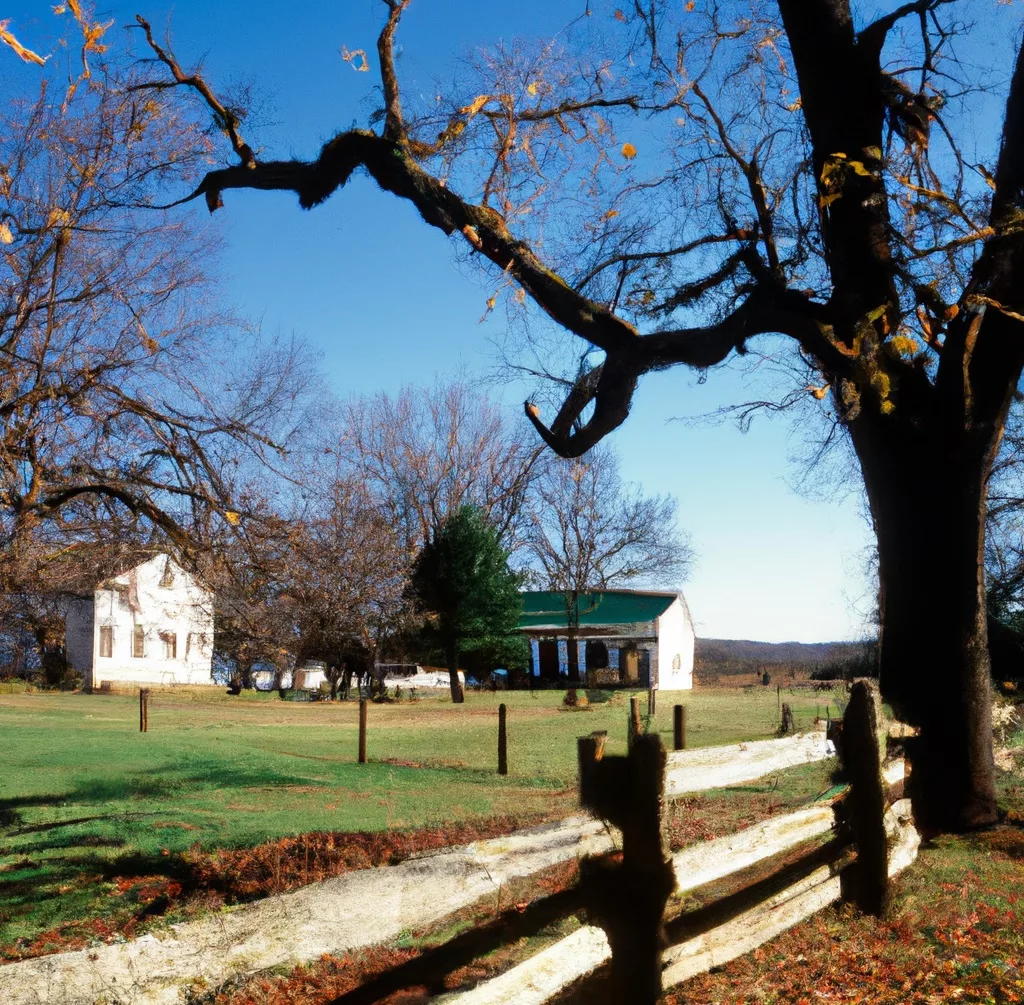
Some households and communities have taken this approach for years; well-established examples in society are the back-to-the-land movement, intentional communities, and eco farms.
All of these examples have a history of shunning individualism in favour of building a culture of personal responsibility in their society. This translates into communal self reliance, this is great to building self-confidence in people, especially children.
Aiming For Sustainability In Your Everyday Life
If you want to become more sustainable in your daily life, you can try gradually transitioning to a low-consumption lifestyle to reduce your environmental impact.
Additionally, there may be opportunities to volunteer in the community or to environmental organisations and even participate in educational programs, such as taking classes at colleges and universities on subjects that will provide the skills you need to become as independent as possible.
Health and Wellness
For those looking to live a more self-sufficient lifestyle, health and wellness are essential components of living on a homestead, but achieving this level of self-reliance can be quite difficult when it comes to managing one’s own health and well-being; it requires an individual to take responsibility for their own physical, mental, and emotional wellbeing.
This can be especially difficult for those who may not have access to traditional healthcare options or have limited resources.
Although relying on oneself regarding health and wellness is challenging, it is also incredibly rewarding. When people can make informed decisions about their own care through research and knowledge acquisition, they become empowered to take control of their own lives.
Being self-reliant regarding your health and wellness may include things like growing medicinal herbs and learning about herbal preparations. Building this reliance is great for an individual person but even better for groups and communities.
In traditional societies, a medicinal herb garden was known as a physic garden. It was grown specifically to include medicinal plants and allowed communities and families to have a certain sense of self-reliance and be independent with their own medical needs.
Growing your own medicine can mean treating your ailments, but food is also medicine. Developing a nutritional and dietary plan that works for you and promoting homemade food consumption cannot be underrated here.
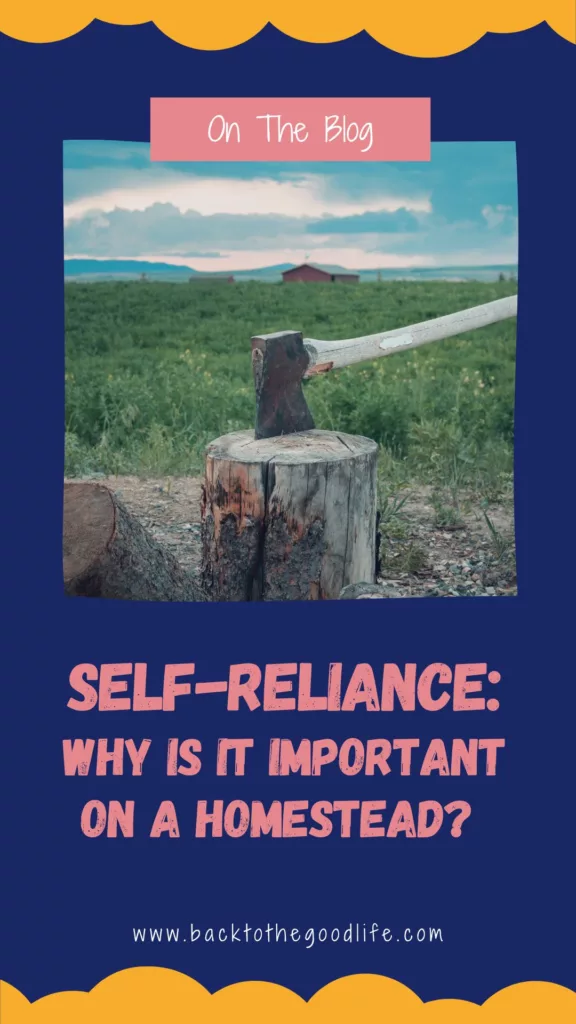
Luckily, most medicinal plants can be used in culinary endeavours too!
The Value of Self-Reliance
Self-reliance gives people the confidence to manage their resources and make the best decisions for their families and community. This builds self-confidence and self-esteem, leading to a stronger identity.
This is a true self reliance def that anyone should be able to get behind.
Back To The Good Life is a participant in the Amazon Services LLC Associates Program, an affiliate advertising program designed to provide a means for sites to earn advertising fees by advertising and linking to Amazon.com. We also participate in other affiliate programs which compensate us for referring traffic.



